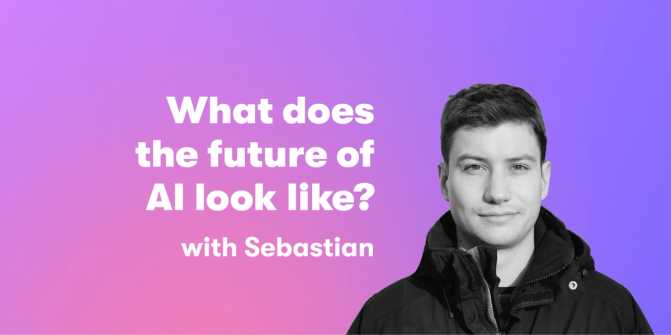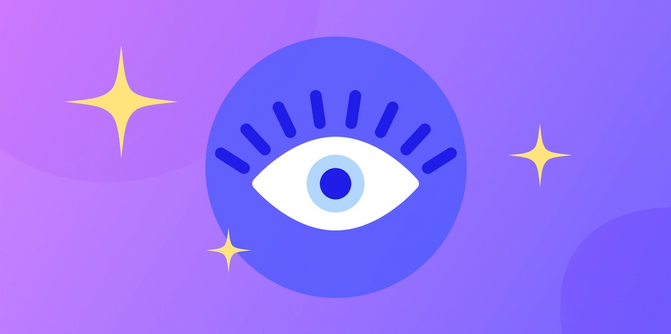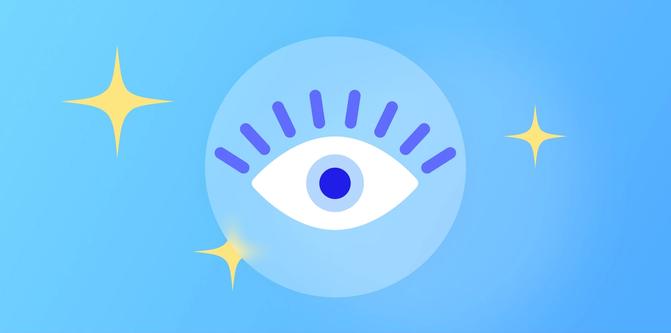AI [Probably] Won't Take Your Job
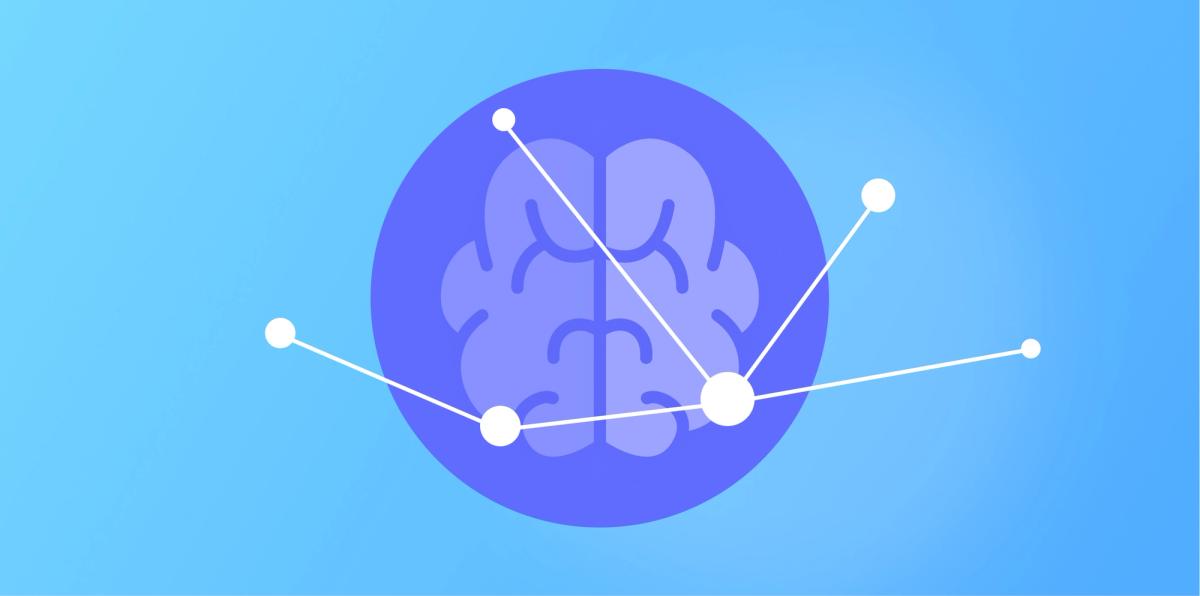
Before I started writing for Collato, I was asked to produce a short response to these questions:
“Are robots taking our jobs? What does automation mean for the future of work?”
I struggled to answer these questions–both then and now. But my answer, even after the advent of generative AI, ChatGPT, and the continued integration of automation into our daily professional lives, has remained grossly unchanged. Let me explain.
Automation fears date back to the 16th century. Huh?!
None of this is new. In fact, it's very, very old. In the 1590s, Queen Elizabeth I obtained a patent for an automated knitting machine, inspired by William Lee's failed attempts at wooing a woman more interested in knitting than him (get the hint, Billy!). The Queen dismissed the innovation, fearing unemployment for "young maidens" and predicting ruin and begging. Consequently, Lee's patent was rejected. But it ultimately, it was one of the sparks of the industrial revolution. This fear persisted throughout the following centuries, from more machines to locomotives. In the 1930s, Keynes foresaw a future where, by 2030, we would only work 15-hour weeks due to abundant machines, leading to professional boredom.
Starting in 1913 and solidifying in the 1950s, Henry Ford's assembly line revolutionized work, yet his workers despised it. Regrettably, history prioritizes efficiency and output over worker contentment. The assembly line, persistently monotonous, received mixed responses when automation took over. While liberating some workers from grueling repetition, fears persisted that this technology would displace not just assembly line employees, but also other professions—an anxiety that endures today.
AI might make work more human-centric.
Amidst increasing demands for fairer working conditions, concerns have arisen about large, international companies overworking their employees. In such cases, automation could be seen as a humane solution rather than solely a means to enhance productivity and profit.
To be frank, there are aspects of our jobs that we genuinely desire to automate. Many modern professions involve repetitive tasks, such as data entry, manufacturing, and coding, albeit with some creative nuances. When implemented thoughtfully, AI has the potential to make daily work more bearable, creating a paradoxically streamlined and human-centric workplace.
AI not only holds the power to eliminate mundane work but also to personalize employee training, address biases (though more progress is needed), and foster workplace inclusion. This presents an incredible opportunity to promote a healthier work-life balance. Let's embrace these possibilities and not overlook the potential of AI in cultivating a better work-life equilibrium.
A few jobs will go. A lot will come.
Look, we need to be realistic here. AI will revolutionize the way we work. A recent report by the UK’s Department for Science, Innovation, and Technology, has concluded that AI will replace the equivalent of 300 million jobs worldwide. These effects cannot be understated. That is the equivalent of 25% of all job functions in the US and Europe, according to a BBC report. We are entering a largely unknown future. But, luckily for us, this doesn’t necessarily mean doomsday.
The economist David Autor showed that 60% of the jobs that we worked in 2018 didn’t exist in 1940. Our professional lives are not static. Most data suggest that entire roles won’t be replaced, only certain functions. So instead of entire jobs being scrapped, it seems that we’ll integrate AI into our current roles instead–removing the mundane tasks that can be easily automated.
Humans like humans.
You know when you were younger, and you’d hear your parents scream “representative” when they were on hold? And you promised yourself you would never be like that? Well, you probably are like that now. Don’t worry, we all are.
Humans like humans. AI, at least for the foreseeable future, lacks the nuance necessary to fully cope with an exceptionally emotional world. There are undeniable usages of AI to streamline your workday. And you should learn how to utilize them to responsibly boost your workflow. But, always remember to prioritize people. Think about those frustrating experiences with automated customer service or the helpless feeling when the self-checkout light flashes without assistance. In more serious cases, consider the presence of latent biases in automatic resume-reading algorithms. Sometimes, automation simply isn't the solution. There, I said it.
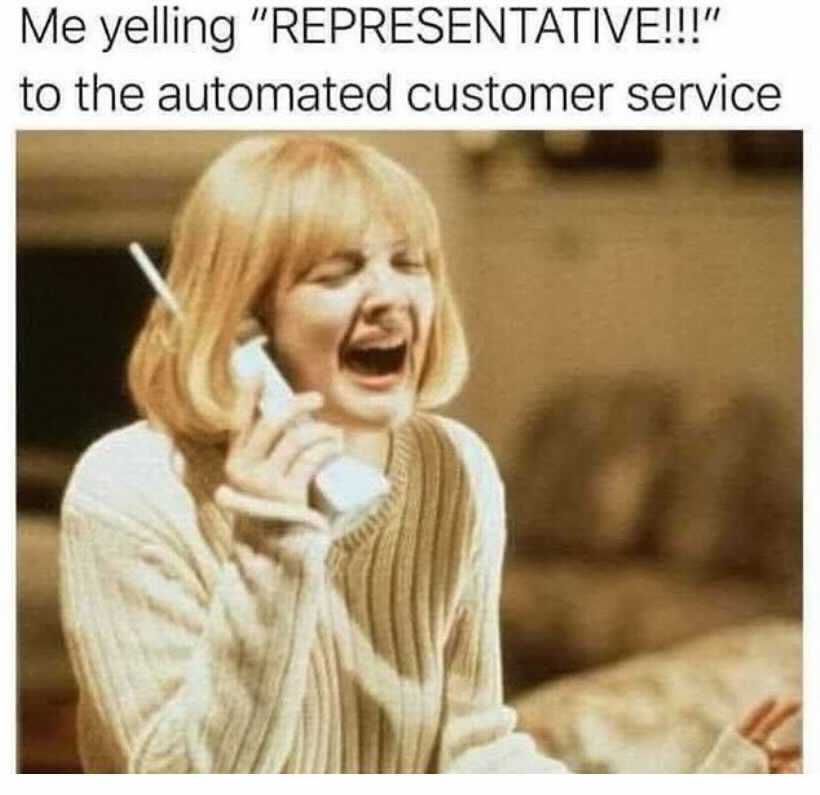
The cat is already out of the bag.
The idea of working purely out of boredom, as our old economist friend, John Maynard Keynes prophesied, is far from our reality today. He did also say, "It is better to be roughly right than precisely wrong," so he did kind of cover his bases there. A lot of confidence, that guy!
Though, he was right about at least one thing: adaptability, agility, and invention are at the core of growth. He wrote, “The difficulty lies not so much in developing new ideas as in escaping from old ones."
We can’t stop what has already begun. But we can stay vigilant in ensuring AI’s responsible use. We can create open discussions with our teams and organizations. And we can stay calm in an oftentimes panicked technological environment.
Tl;dr
This fear of technological revolution is not always unfounded, and it is certainly not new. AI will replace some roles, but it will create a bunch more. Most evidence suggests that instead of tossing out entire jobs, we'll be using AI to tackle the boring stuff. Yep, those mind-numbing tasks can easily be automated. We get to keep our jobs, but with AI swooping in to handle the mundane, we can focus on the juicier, more meaningful parts of our work.
And even if we are predestined to live harmoniously with our technological creations, human problem-solving, creativity, and humor will always guide us. I mean, haven’t they always?
The things that make us human will always be just that. Human.
We’ll be okay.


